I have a recent activities table on mySQL, its MyISAM and contains around 46million records. It has been indexed properly and all that is done. But some queries can still take a few seconds to perform on it.
So I was wondering, what would be the best method to increase query performance on this database. Should I partition the table or delete older data? I mainly use some calculations on the data from this month for the queries, the other usage is showing users their recent activities, as well as us having to manually monitor their activities from time to time.
I have been thinking to delete all data older than this year, which should delete around 24 million rows. (as its been 4 months since the start of this month, so data that old should not matter as much).
Or I can partition according to month, but I dont know how that would implement in laravel, will I have to change partitions everytime to get data older than the current months?
Edit: This 1 query is an important one, it is performed after a specific activity from a user and this specific query took 8s to perform, and it went through 40,000 rows, using the user_id index. What would help me in improving this query, is either if it used multiple index, because then the query would have been narrowed down to very very few rows. Or if i remove old data, then it will have less rows to go through to finish the calculation.
select *
from `recent_activites`
where `id` > 20443580
and `user_id` = 20580
and `updated_at` > '2020-04-01 00:00:00'
and `type` in (?, ?, ?, ?, ?, ?, ?, ?, ?) ```
Edit: Query : This query took 8.72 ms to perform at 1 time, but always seems to take more than 1 ms Time is there because it decreases rows

